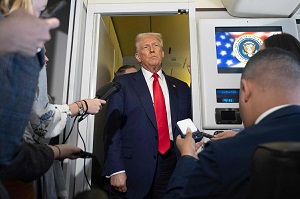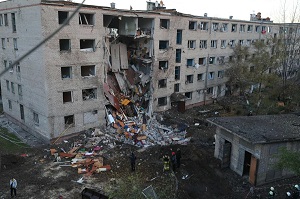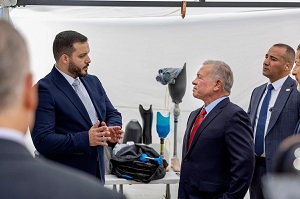400 cross-border cabs granted permission to operate as domestic taxis — association
The Jordan Times
AMMAN — More than 400 cross-border cabs have recently granted permission to operate as taxis inside the Kingdom due to the coronavirus-imposed travel restrictions, according to the Taxi Owners Association.
President of the Taxi Owners Association Ahmad Abu Haidar told The Jordan Times that “about 400 cross-border taxis have recently been converted into yellow taxis after being granted the approval of the Land Transport Regulatory Commission (LTRC).
Abu Haidar said that the authority granted permission to the large number of requests to “mitigate the effects that land border closures and travel restrictions have had on cross-border taxis owners and operators”.
However, cars with larger engine capacity have not yet granted approval to operate as taxis, despite the demand, which Abu Haidar said is because “they do not fit the specifications of taxis in the Kingdom”.
Sami Odeh, an owner of a cross-border taxi company and a member of the association, told The Jordan Times that “the newly transformed travel cars will operate as taxis up until the borders are reopened and land travel is in demand again. Until then, I have installed metres and painted the cars as taxis”.
According to the latest LTRC figures published last September, the number of cross-border taxis stands at 1039, while the number of yellow taxis is estimated at 5420.
According to Abu Haidar, the converted cars are currently operating in various governorates of the Kingdom, but the largest number of cars is in Amman.
“The problem is that yellow taxis have already been struggling as a result of ride-hailing applications, so transferring our cars into taxis is not a great solution, but it is better than not working at all,” he added.
The LTRC previously decided as part of its mitigation measures to reduce the operation fees from JD200 to JD100 for service vehicles and yellow taxis, while the fees for vehicles operating on foreign routes were reduced from JD200 to JD30.
Director of the Land Transport Regulatory Authority Salah Louzi said in previous statements that the authority has “allowed cross-border vehicles with an engine capacity of less than 2,400 CCs to work with smart car applications inside Jordan”, and that “letters have been sent to Gulf countries asking them to allow Jordanian vehicles to transport passengers in them.”
In March, the government decided to close all land, sea and air crossings of the Kingdom to passenger traffic, later reopening the airport in August as well as the Mudawara border, the King Hussein Bridge, and the Sheikh Hussein Bridge with restrictions on the number of travellers specific to each crossing.
Latest News
-
 Safadi holds talks with Bahraini counterpart on deepening ties, regional developments
Safadi holds talks with Bahraini counterpart on deepening ties, regional developments
-
 Jordan participates in 21st Manama Dialogue to promote regional stability
Jordan participates in 21st Manama Dialogue to promote regional stability
-
 Trump orders US to start nuclear weapons testing
Trump orders US to start nuclear weapons testing
-
 Russia batters Ukraine energy sites, killing two
Russia batters Ukraine energy sites, killing two
-
 King briefed on progress of Restoring Hope’s Mobile Amputee Support Units
King briefed on progress of Restoring Hope’s Mobile Amputee Support Units